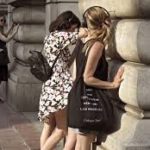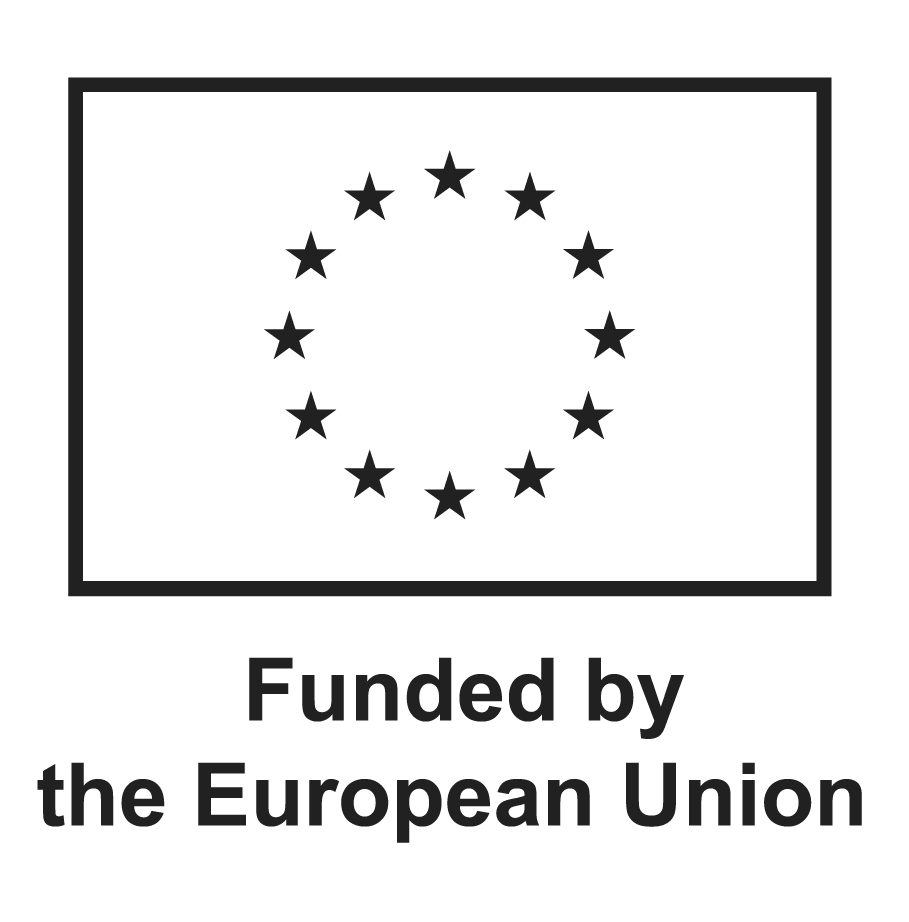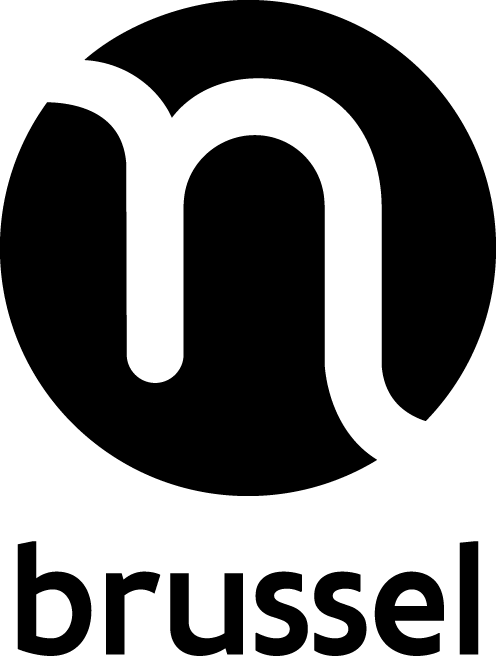

Monday, February 26 – KASK Miry Concert Hall (Ghent) | Moderator: Leonie Persyn
Will you attend the symposium? Registration is not mandatory, but recommended. Let us know here if you can come.
10h – 13h: networks and institutions
Care of Editions – Performative Distribution
This talk looks at a history of performative distribution in music composition and performance as a way to establish a lineage for the experimental record label Care Of Editions. By looking, for example at instruction poems written on envelopes (which serve as scores for unsuspecting postal workers) by Mallarmé and their relation to digital means of distribution, the presentation aims to investigate how the distribution of music, not only its production, can be a field for participatory involvement. Such strategies aim to conflate the role of performer, audience, and interpreter by injecting the mechanics of playback or content delivery with a poetic meandering.
Manuela Naveau – CROWD and ART. Art and participation on the internet
What art can result from the involvement of authors to a networked reality, and what does this have to do with knowledge or non-knowledge? Working at the nexus of art theory, cultural studies, media studies and the history of technology, Manuela Naveau scrutinises the nature of participative art on the internet. In so doing, she provides an introduction to the world of computer-aided participation models and elaborates on terms like the masses and the crowd, the audience, etc. Nave focusses particularly on the various forms of unknowing and involuntary participation, urging a much-needed discussion about how to develop effective design options in a time of rapidly progressing digitisation and transformation processes.
Frederik Le Roy – The Museum Echoes. Contemporary Choreography and the Exhibition of Spectatorship
The background of this presentation is the current institutional desire in the contemporary visual arts world to document, present, and ‚collect works of live art (e.g. performance and sound art, theatre and dance) in the museum. This transposition of works of performance from the ‚black box‚of theatre to the white cube‚of the exhibition space questions the historically established temporal and spatial preconditions of the museum experience (e.g. its focus on material objects instead of transitory events). However, it also produces an interaction between the performing arts‚ and the visual arts different codes, rituals, and modes of spectatorship. Starting from the choreographic exhibition Work/Travail/Arbeid (Rosas) and other examples, we will explore what forms of spectatorship these projects engender, and ‚what this might tell us about the contemporary dramaturgies of attention and participation that emerge when live art enters the echoey architectural and institutional context of the museum space.
14h – 17h: composition and performance
Bill Dietz – Feelings Are Alternative Facts
Throughout recent Euro-American election cycles, much has been written against the “irrationality” and “emotionality” of ascendant neo-fascist political parties and candidates. If we could only get back to rational-critical discursivity! Could music as a technique for orienting asignifying processes – as a practice of nonverbal organisation, play a role in articulating an antifascist politics of affect? Drawing on historical examples and cases from his own recent work, Dietz listens closely for the traces of an assembly imbued with “musical” intelligence.
Tarek Atoui – Understanding Contemporary Music
Tarek Atoui will present his understanding of contemporary music and the act of composition in the heritage of Cage, Cardew and Pauline Oliveros. He will then take examples from his project WITHIN, a project which departs from Deaf Culture to find new ideas for building instruments, composing, and performing to show how he composes with research, education, performance and production as much as he does with people, instruments, sounds and situations.
James Saunders – Group behaviours as music
In daily life, large groups of people regularly co-ordinate their actions – voting, leaving a building, selecting a restaurant, etc. As individuals we read each other’s movements, facial expressions, and utterances in order to negotiate our encounters with the people we meet. These behaviours govern our relationships with others and our engagement with the world. As musicians, we form complex interpersonal relationships both with each other when playing together, and with an audience. The social behaviour of groups can be used as a means to articulate musical structures and processes. Recent work using recorded instructions, performance practice training, and cueing networks suggest approaches to group behaviours that rely on different frameworks to construct relations between performers. At the end of this lecture, James Saunders and Tim Parkinson will present a small intervention.
18:30h – Performance: Tim Parkinson – Time with people
Using absurdity, humour, and non-narrativity to redefine notions of music and memory, Time With People is an hour-long music and theatre work by British composer Tim Parkinson (born 1973). As Parkinson writes, the opera in seven scenes for ten people and assorted objects “redefines fundamentals of opera from its 16th century origins… reconceived from elements of 21st century post-historical culture.”
Time With People (2013) is not an opera in the traditional sense. There are no characters, costumes, or even orchestral instruments. Instead, the stage is set with trash and other assorted objects. The soloists and chorus speak, dance, chant, and drum. And the only “classical” music comes from a recording.
Alternately funny, playful, perplexing, and sad, the work challenges audiences to reconsider their preconceived notions of the nature of music. Writing about the world-premiere performance, Lawrence Dunn remarked “This is a world in which music is a kind of memory—something that must be reconstructed from the ground up, and afterwards returned to the same ground.”
The piece hearkens back to the traditional sense of an opera as a collection of works, yet upends tradition by largely removing music and the orchestra, leaving behind only fragments, both musical and literal: recorded excerpts of Handel and Rossini begin and end the work, while a trash-strewn set serves as an orchestra of found objects as the performers wade through it.




 Sebastian Dingens - WALKS
Sebastian Dingens - WALKS

 Pavel Tchikov 29/11/23
Pavel Tchikov 29/11/23

 Nika Son - Scatter
Nika Son - Scatter


